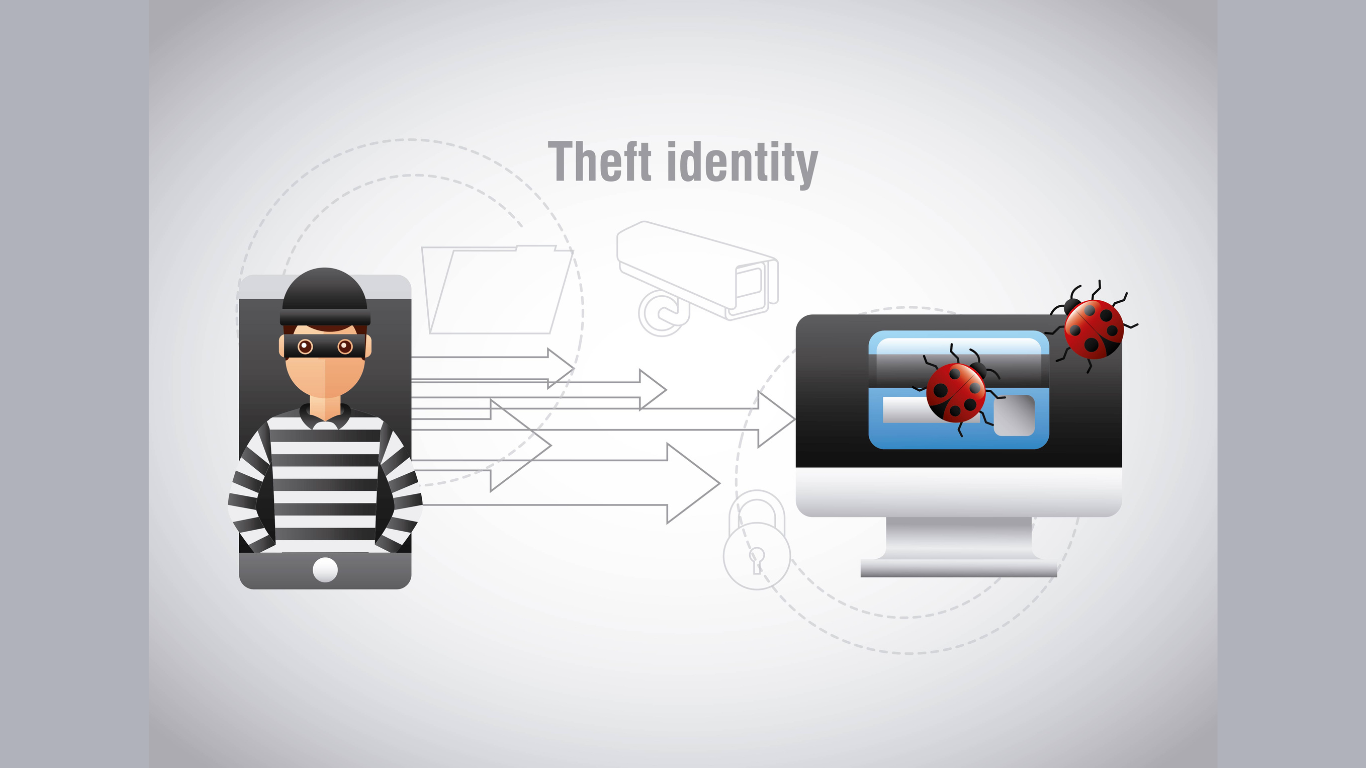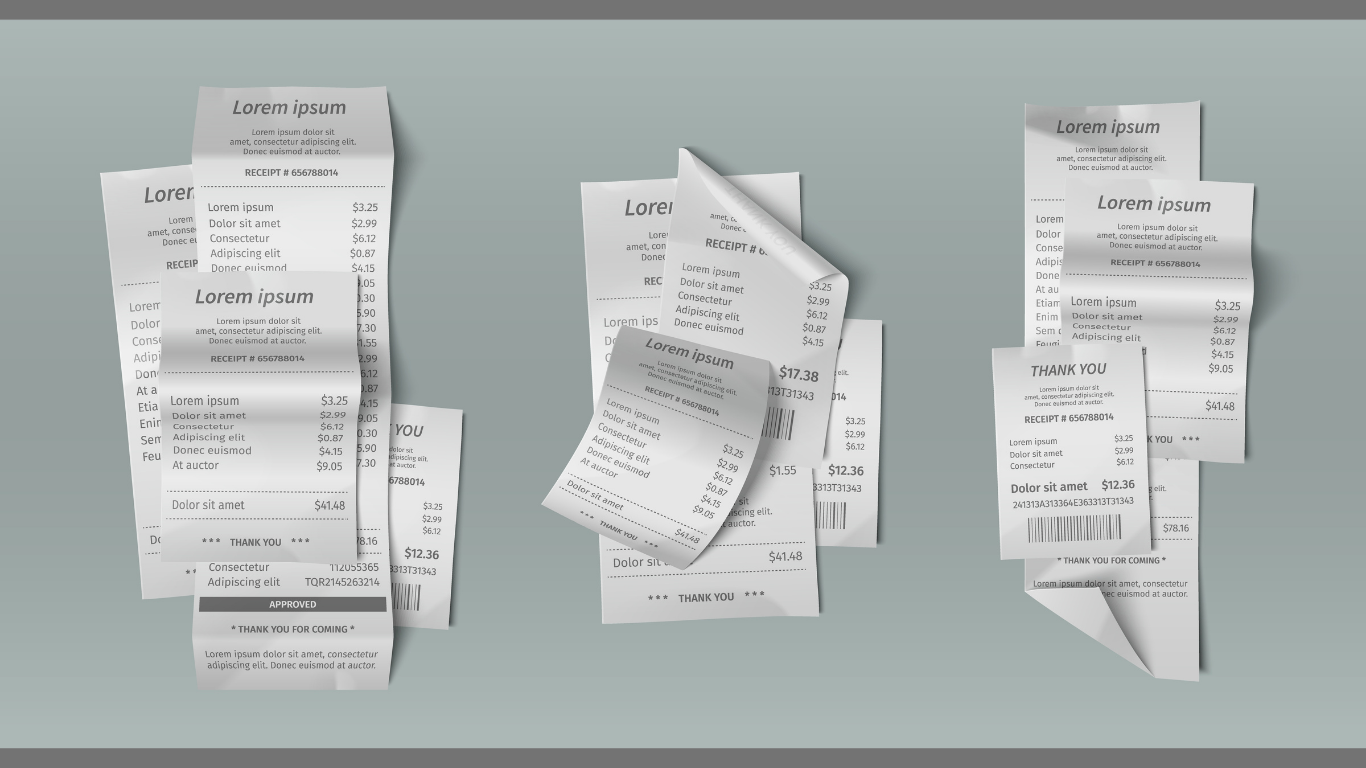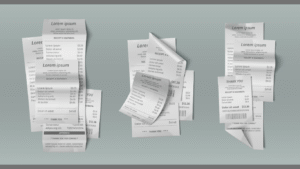Few things feel as unsettling as realizing your personal information might have been stolen. It’s not just about money—it’s about your sense of safety and trust in the systems you use every day. Identity theft can impact everything from your bank account to your ability to borrow in the future, so knowing what to do right away is crucial. And just like how people turn to solutions like National Debt Relief when financial troubles pile up, you need a clear plan to respond to identity theft before the damage grows.
Recognize the Warning Signs
Identity theft doesn’t always show up in dramatic ways. Sometimes it’s subtle—like a small charge on your bank account you don’t remember making or a letter in the mail about a loan you never applied for. Other times, the signs are bigger, like debt collectors calling about accounts you didn’t open. The earlier you recognize these red flags, the better chance you have of stopping fraud before it spirals. Keep an eye on your financial statements, credit reports, and even your physical mail for anything unusual.
Secure Your Accounts Immediately
If you think your identity is at risk, the first step is to lock things down. Change passwords for online accounts, especially your bank, credit card, and email. Consider enabling two-factor authentication for extra protection. Call your financial institutions directly to alert them about suspicious activity. Many banks can freeze accounts or issue new cards quickly. Taking these actions fast can cut off access for anyone trying to misuse your information.
Place Alerts on Your Credit
The next move is to put a fraud alert on your credit reports. This tells lenders to take extra steps before opening new accounts in your name. It’s free and lasts for one year, with the option to renew. Contact one of the three major credit bureaus—Experian, Equifax, or TransUnion—and they’ll notify the other two for you. You can also consider freezing your credit entirely, which blocks new accounts until you unfreeze it. This step gives you peace of mind while you sort things out.
Document Everything for Protection
Identity theft isn’t just a financial mess—it’s also a legal matter. That means documentation is your best friend. Start by filing an official report with the Federal Trade Commission (FTC) through IdentityTheft.gov. This generates a recovery plan and proof that you’re the victim. You may also want to file a police report, especially if you know who might be responsible or if a creditor requires it. Keep records of every phone call, email, and letter related to the theft. The more detailed your file, the easier it will be to prove your case.
Dispute Fraudulent Charges and Accounts
Once you’ve secured your accounts and documented the theft, it’s time to clean up the mess. Contact creditors to dispute any unauthorized charges. Under federal law, you’re not responsible for fraudulent charges if you report them quickly. For accounts opened in your name, send letters to both the creditor and the credit bureaus to have them removed from your record. While it can feel tedious, this process is key to restoring your financial reputation.
Rebuild Your Credit Step by Step
Even after fraudulent accounts are removed, identity theft can temporarily damage your credit score. Don’t panic—credit recovery is possible. Monitor your reports regularly to confirm that corrections have been made. Keep paying your legitimate accounts on time and work on reducing any outstanding debt. Over time, your credit score will stabilize. Think of it as rebuilding trust with lenders one step at a time.
Adopt Preventive Habits for the Future
Once you’ve gone through identity theft, you’ll never look at your information the same way again. Take advantage of credit monitoring services or set up free alerts through your bank. Shred sensitive documents before throwing them away, and be cautious about what personal details you share online. Small changes in habits—like using stronger passwords and regularly checking financial accounts—can go a long way in preventing future issues.
Why Acting Quickly Matters
Identity theft doesn’t resolve itself. The longer it goes unchecked, the more complicated and costly it becomes. By recognizing the signs, securing your accounts, documenting everything, and working through disputes, you’re not only protecting your money—you’re reclaiming control over your life. Just as financial recovery programs help people tackle overwhelming debt, having a step-by-step plan empowers you to handle identity theft without letting it define your future.
Blog received via Mail































